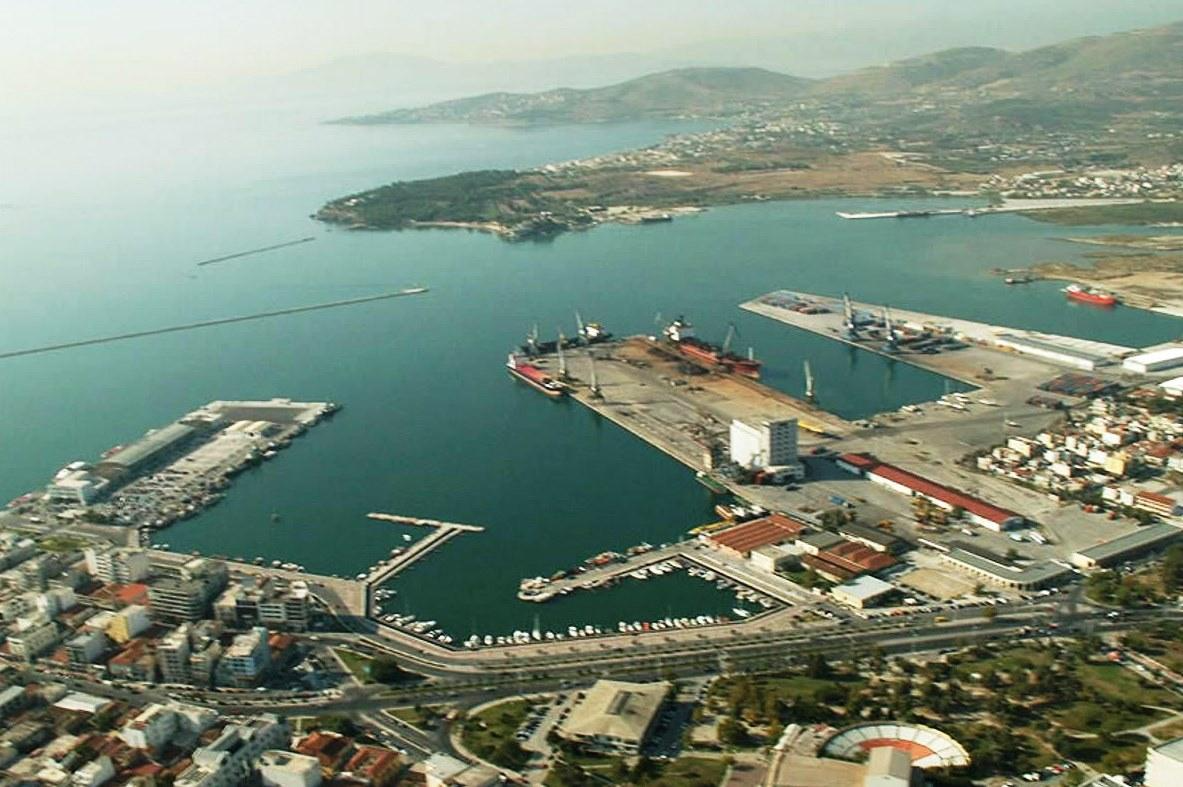
The 67% of the Volos Port Authority to the Thessaloniki Port Authority, following the rejection of the appeal of Goldair Handling-Goldair Cargo.
The price fixed at €51 million from the previous phase of the tender process, September 2023, when TPA (with South Europe Gateway Thessaloniki as the largest shareholder/interest of Ivan Savvidis) had emerged as the preferred investor. Technically, the 10-day deadline should also pass—a period during which Goldair can appeal to the Council of State—although, as Socrates Anagnostou noted (National TV), the decision is unlikely to change, with TPA's CEO considering the Authority's decision well tied up.
Finally good for the SEGT/Savvidis side interests—except that it took a 13-month tug-of-war of the latter in the relevant tender of the HRADF with the legal services and competition—to put an end to the serial. A brief review is useful: On 21 September 2023, and after the opening of the bids, the Board of Directors of the Hellenic Asset Development Fund decided to declare the Thessaloniki Port Authority (Thessaloniki Port Authority S.A.) as the preferred investor for the acquisition of 67% of the shares of PPA S.A. for a price of €51 million. The following had submitted bids:
- Goldair Cargo S.A.; Goldair Handling S.A.
- Israel Shipyards Ltd. Consortium, Chalyvourgia Hellas S.A.
- Thessaloniki Port Authority S.A. - Mariner Capital Ltd.
The concession project, which has a duration of 60 years. In 2022, the port reported a turnover of €5.44 million, up 3.48% compared to 2021, with a profit before tax of €716 thousand. The company's main activities include freight and container services, steel and scrap metal, dry and liquid bulk cargo and passenger services, including ferry boat services to the Sporades, as well as cruise activities. The future objectives of the port include its rail connection to the national network and further development of cruise and coastal shipping, while its freight traffic can be further developed due to the dynamic industry located in the area. It is one of the very important regional ports of the country and serves the entire region of Central Greece. Why the tender was of great interest to PPA is obvious with a single glance at the geography of the ports of Thessaloniki—in direct connection—and Alexandroupolis, prospectively.
Besides, it is a common secret that the change of direction of the businessman, the result of complex negotiations with the government (including PAOK...), was the one that kept the TPA within reach, refuting all those who had him... leaving the domestic business events. But what is the broader plan, and why do sources talk about "3-point ports", including Alexandroupolis in perspective.
But what is the broader plan, and why do sources talk about "3-point ports," including Alexandroupolis in the future? One only has to look back to November 2022, when the government, with the intervention of Mitsotakis, frozen the tender for the sale of 67% of the Alexandroupolis Port Authority. I just recall the statements of the PT: "I don't think I need to elaborate much further because in the current circumstances we saw no reason to sell the port of Alexandroupolis to a foreign investor.". He could not have been clearer.
We have and we say, Thessaloniki—a central port with interconnectivity to the Balkans and Central European countries—Alexandroupolis—with what the US has installed, domestic business interests (energy, LNG)—and now Volos. I will also recall that during a large delegation to India, Dimitris Politis had presented (potential) gateway ports of entry for the country's interests to Europe. In fact, the CEO of the HRADF had prioritised the VPA as a (potential) hub.
Are all these (and not only) inconsistent with each other? One would have to be naive to claim so. But the most interesting thing, and how the pieces of the port puzzle fit together, relates on the one hand to the prospect of creating an alternative corridor—parallel to the one leading to Piraeus—where the boss is the Chinese COSCO. Would US interests want PPA not to be in Chinese hands? Obviously. Can Athens (any government) change the status? No (and would have no reason to...), so what can be assisted? The creation of a Thessaloniki-Volos dipole with the prospect of adding Alexandroupolis with the possible active presence of, say, Indian interests.
At the same time, a fund could pick up, from the market, the free float of the PPA; in fact, 67% of the is in COSCO hands, but 7.14% is in the HRADF and a strong minority stake (25% plus) in the free float—a broad investor community. It is precisely this parameter that stock market participants are focusing on to see a foreign fund behind the methodical—for weeks now—purchases in PPA's shares. As a result, the share price rose to a new all-time high of €28.80 in Friday's session. Who is picking up PPA shares and why, We will see as it unfolds. In any case, the scenarios are active and on the table.






